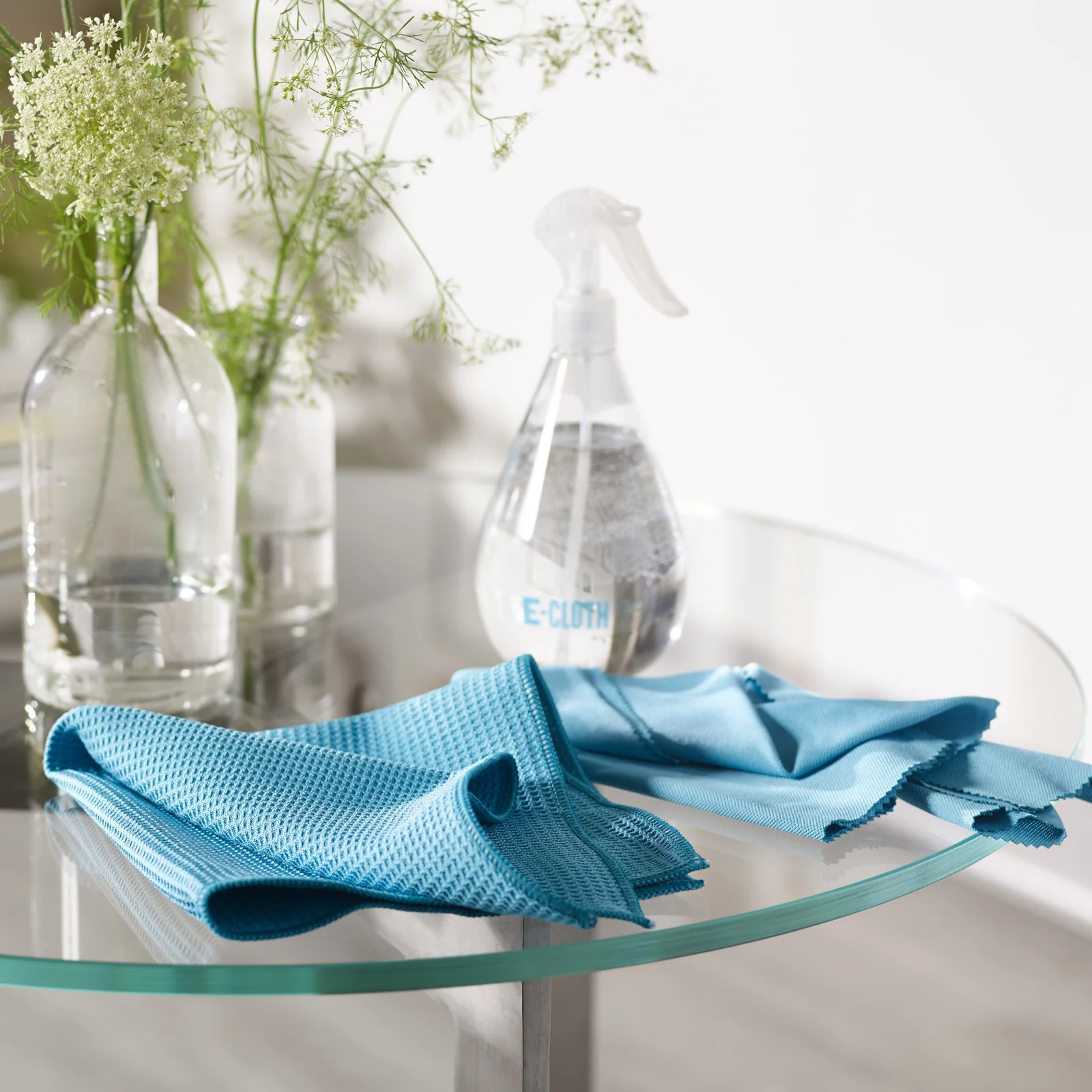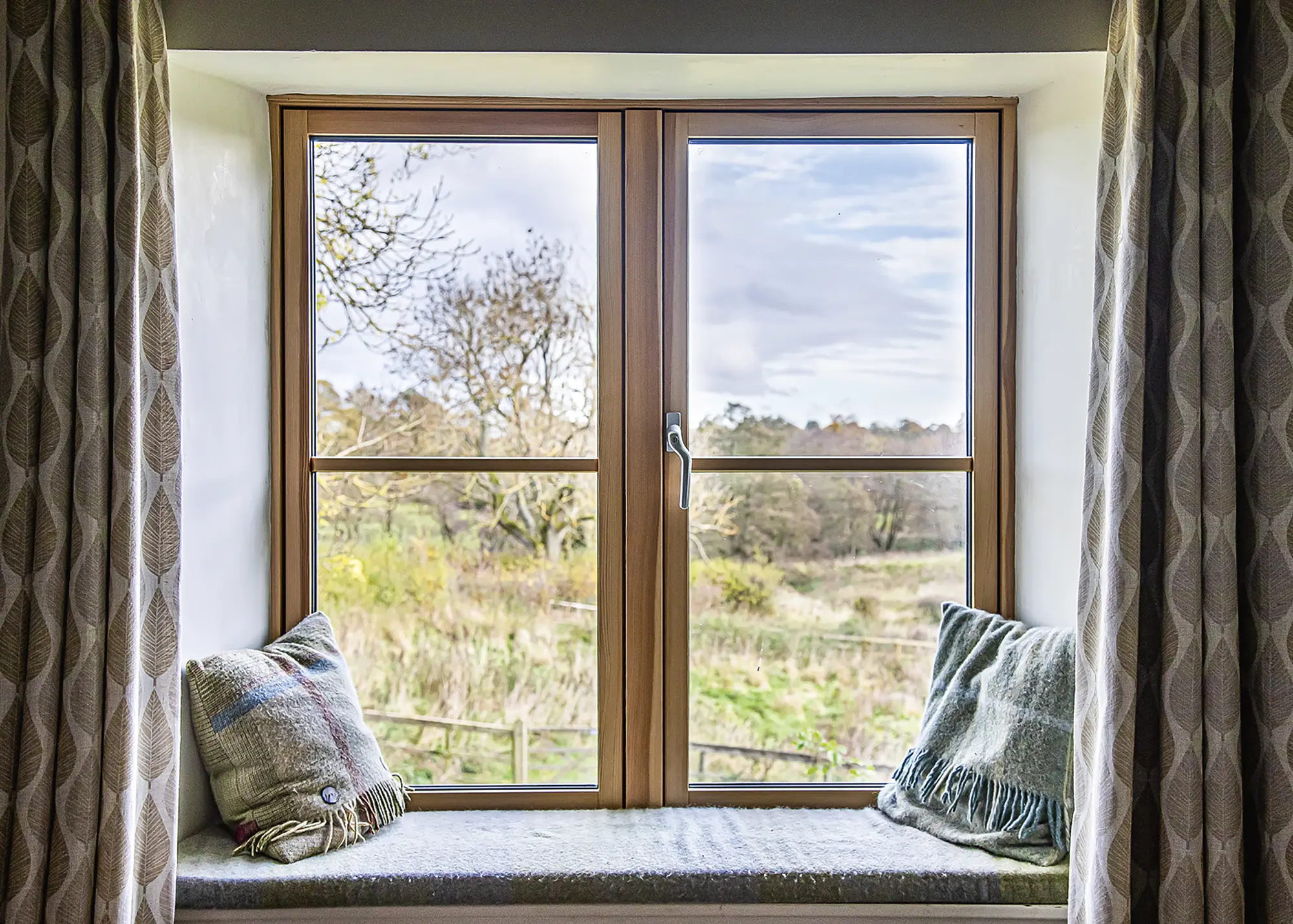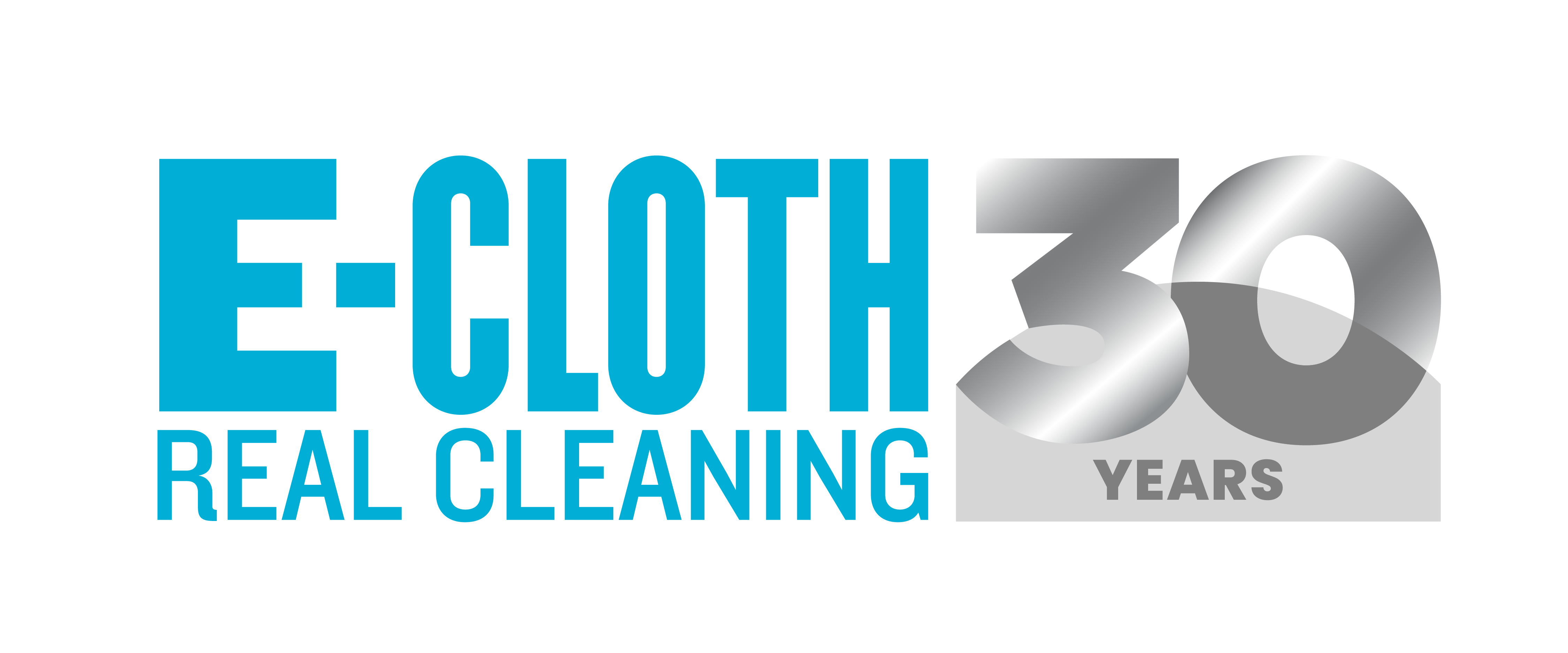Table of content:
How Often You Should Clean Your Hardwood floors
Consequences of Skipping Hardwood floors Cleaning
DIY Methods to Clean Your Hardwood floors
Keeping your hardwood floors clean is essential for preserving their beauty and longevity. The right cleaning routine depends on your household’s activity level, the presence of pets, and environmental factors, but generally involves regular sweeping, weekly mopping, and occasional deep cleaning. Consistent care not only maintains the floor’s shine but also protects against scratches, stains, and moisture damage. Neglecting cleaning can lead to dullness, stubborn stains, and even costly repairs. By understanding how often to clean and why it matters, you can ensure your hardwood floors remain a durable and attractive feature in your home.

A Clean You Can See
Our high-performance microfiber products simplify cleaning, making it quick, easy, and effective, so you can enjoy visible results without the fuss. No streaks, just results.
How Often You Should Clean Your Hardwood floors
How Often to Clean Your Hardwood Floors
- General Routine: For most homes, sweeping or dusting daily to every few days is a solid practice. Removing dust, pet hair, and grit on a regular basis prevents them from acting like fine sandpaper on your hardwood. Regular cleaning can stave off scratches and maintain that natural shine.
- Weekly Cleaning: A more thorough cleaning, typically once a week, is ideal. This might involve using a minimally damp mop with a well-wrung cloth (so you don’t saturate the wood) to pick up finer debris that sweeping missed. This rhythm addresses routine foot traffic and seasonal dust build-up.
- High Traffic Areas: Areas like entryways or kitchens might need a touch-up every day or every other day. High traffic accelerates the build-up of dirt and debris, so cleaning these spots more frequently prevents the accumulation of abrasive particles.
- Seasonal Considerations: In times of significant weather changes—think of winter when salt and grime from roads are tracked in—more frequent cleaning (even midweek touch-ups) can help protect your floor’s finish from corrosive agents. Conversely, during milder seasons when there’s less external debris, sticking to your regular weekly routine should suffice.
- Deep Cleaning: Beyond regular sweeping and mopping, set aside time every few months for a deeper cleaning session. This might include moving furniture to clean hidden spots, using a microfiber cloth to buffer away stubborn dust, or using products specifically crafted for hardwood care (always following manufacturer recommendations). Though occasional, this detailed cleaning helps maintain the floor’s longevity and appearance.
- Environmental Factors: Consider the unique aspects of your home. If you live in a dust-prone area or have pets that shed a lot, you might find that increasing the frequency of cleaning substantially benefits your hardwood. Less frequent cleaning in such environments can let particles build up, potentially dulling the finish and increasing wear.
Streak-Free Wherever You Need It
E-Cloth is committed to delivering a clean you can see—effortlessly erasing messes with just water for a spotless shine, free of streaks and added chemicals.

Consequences of Skipping Hardwood floors Cleaning
Consequences of Skipping Hardwood Floors Cleaning
- Dirt and Grit Act Like Sandpaper
When you skip cleaning, dust, dirt, and tiny debris build up on your hardwood floors. Every time you walk across them, these particles grind against the finish—think of it as giving your floor a daily micro-sanding. Over time, this can dull the shine and wear down the protective layer, making your floors look tired and old before their time. - Stains Set In and Become Permanent
Spills happen—coffee, juice, muddy paw prints. If you don’t clean them up promptly, they can seep into the wood or the seams between planks. Once a stain sets, it’s much harder (sometimes impossible) to remove without professional help or refinishing. Regular cleaning helps you catch these messes before they become part of the décor. - Moisture Damage Risks Increase
Hardwood and water are not friends. If you let spills or tracked-in moisture linger, it can seep into the wood, causing it to swell, warp, or even crack. Over time, this can lead to costly repairs or the dreaded “cupping” effect, where the edges of the boards rise up and the center sinks down. - Allergens and Dust Mites Accumulate
Skipping cleaning means more dust, pet dander, and other particles settle into the cracks and crevices of your floor. While regular sweeping and mopping won’t remove every allergen, it does help keep the buildup in check, making your home feel fresher and more comfortable for everyone—especially if you have allergies. - Finish Wears Out Faster
The finish on your hardwood floor is its first line of defense. When you don’t clean regularly, abrasive particles and grime wear down this protective layer. Once the finish is compromised, the wood underneath is exposed to damage, and you’ll be looking at refinishing or replacing boards much sooner than you’d like. - Floors Lose Their Luster
A clean hardwood floor has a natural glow that makes any room look better. When you skip cleaning, that shine fades, and your floors start to look dull and lifeless. Regular cleaning helps maintain that inviting, polished look that makes you want to kick off your shoes and stay awhile. - Unpleasant Odors Can Develop
Dirt, spills, and pet accidents that aren’t cleaned up can lead to lingering odors. Wood is porous, so it can absorb smells over time. Regular cleaning helps prevent your floors from becoming a source of mystery funk in your home.
DIY Methods to Clean Your Hardwood floors
.svg)
Vinegar and Water Solution
Mix equal parts white vinegar and warm water in a spray bottle. Lightly mist the solution onto hardwood floors and wipe with a microfiber mop or cloth. This natural cleaner removes dirt and grime without leaving residue or damaging the wood’s finish.
.svg)
Tea Solution (Brewed Black Tea and Water)
Brew a strong cup of black tea and let it cool. Mix the tea with an equal amount of water. Dampen a soft cloth or mop with the solution, wring out excess liquid, and gently wipe the hardwood floors. The tannins in black tea help enhance shine and remove dirt without damaging the wood.
.svg)
Olive Oil and Lemon Juice Solution
Mix 1/4 cup olive oil and 1/4 cup lemon juice in a spray bottle. Shake well and lightly spray onto hardwood floors. Wipe with a microfiber mop or cloth to clean and add shine. This natural solution nourishes wood and leaves a fresh scent.
.svg)
Rubbing Alcohol and Water Solution
Mix equal parts rubbing alcohol and water in a spray bottle. Lightly mist the solution onto hardwood floors and wipe with a microfiber mop. This method cleans and disinfects while evaporating quickly, leaving floors streak-free and shiny.
.svg)
Potential Floor Damage
Using a vinegar and water solution on hardwood floors can cause potential floor damage because the acidity of vinegar may strip the finish, dull the shine, and weaken the wood over time, leading to discoloration and warping.
.svg)
Residue Build-Up Risk
Using a tea solution can leave sticky residue or tannin stains on hardwood floors, attracting dirt and dulling the finish over time. Improper rinsing or overuse increases the risk of buildup, potentially damaging the floor’s appearance.
.svg)
Ineffective Deep Cleaning
This method can leave hardwood floors greasy and streaky, attracting more dirt and failing to remove deep-seated grime. Olive oil may also create a slippery surface, while lemon juice’s acidity can damage the wood’s finish over time.
.svg)
Air Quality Concerns
Using rubbing alcohol and water on hardwood floors can release fumes that may affect indoor air quality, especially in poorly ventilated areas, potentially causing respiratory irritation or discomfort.
Ready for an Easier Way to Clean?
Skip the mixing, spraying, and scrubbing. With E-Cloth, you get a streak-free shine using just water—no added chemicals, no hassle. Make every window sparkle the simple way.
Explore other Articles
Headphones
Learn how often to clean your headphones for optimal sound and hygiene. Simple tips to keep them fresh and lasting longer.
Bookshelves
Discover the ideal frequency to clean your bookshelves for a dust-free, organized, and fresh home library.
Jeans
Discover the ideal frequency to clean your jeans for lasting style, comfort, and fabric care. Keep them fresh and durable!
Range hood filter
Learn how often to clean your range hood filter for optimal kitchen air quality and appliance efficiency. Keep it fresh and safe!
Washing machine
Learn how often to clean your washing machine for optimal performance and freshness. Keep your laundry fresh and your machine efficient!
Garage floors
Discover the ideal frequency for cleaning your garage floors to keep them spotless and well-maintained year-round.
Experience Real Cleaning
A Clean You Can See
Experience Real Cleaning


